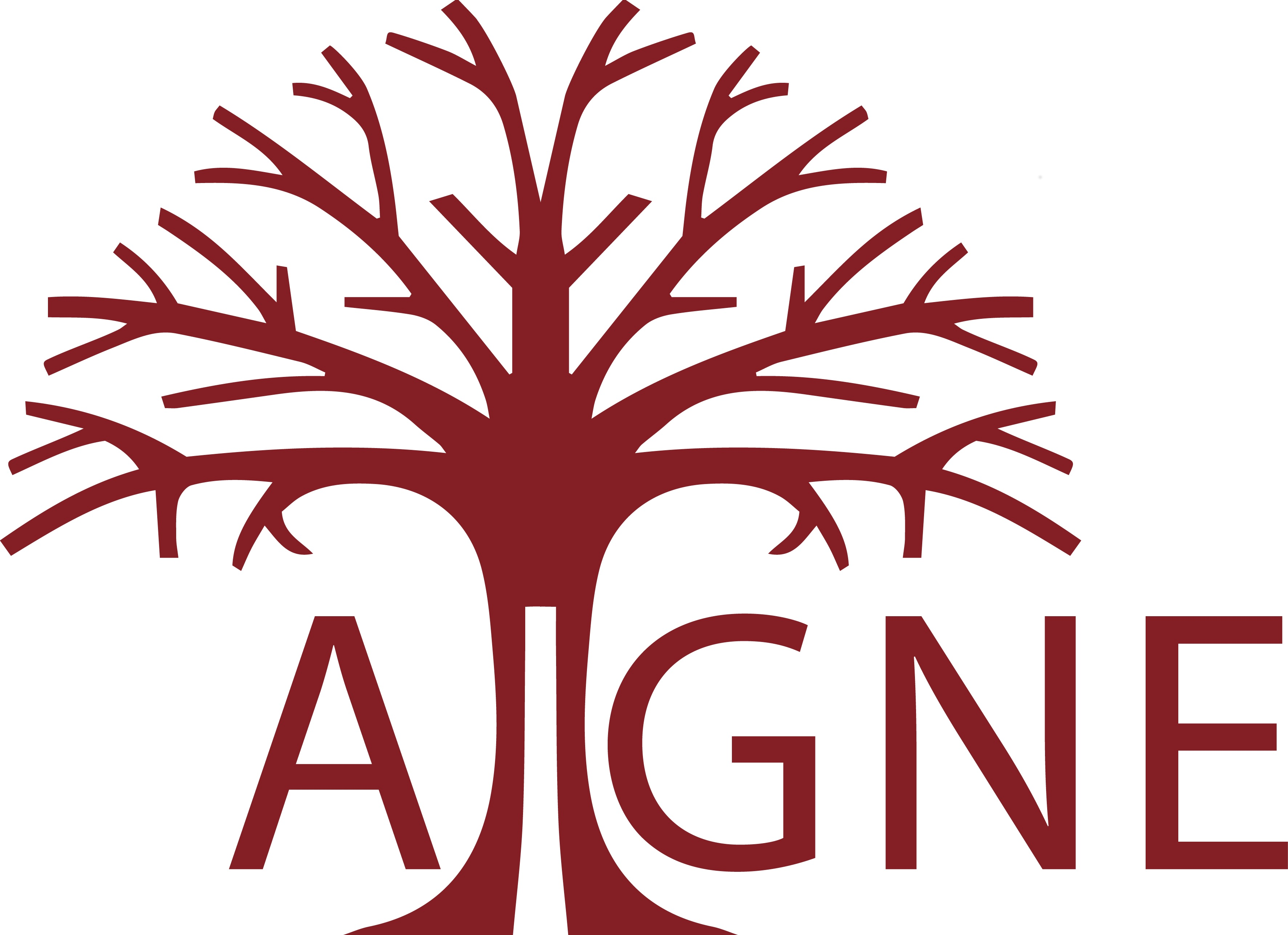Call for Book Reviewers
The aim of our upcoming issue, Aigne Vol. 9, is to engage with the theme of “Liminality: Transitions and Marginalities” in diverse ways. This has led to the following selection of books for review:
Borg, R., and Fagan, R. 2020. Flann O’Brien: Gallows Humour. Cork University Press. Cork.
Abstract: Brian O’Nolan (1911-1966), better known by his pen name Flann O’Brien, was an Irish novelist, playwright, and satirist. He is considered as a major figure in twentieth century Irish literature. He is also regarded as an important author in the modernist and postmodern literature. The essays collected in this volume draw unprecedented critical attention to the centrality of politics in Flann O’Brien’s art. The organising theme of Gallows humour focuses these inquiries onto key encounters between the body and the law, between death and the comic spirit in the author’s canon. These innovative analyses explore the place of biopolitics in O’Brien’s modernist experimentation and popular writing through reflections on his handling of the thematic of violence, justice, capital punishment, eugenics, prosthetics, skin, prostitution, syphilis, rape, reproduction, illness, auto-immune deficiency, abjection, drinking, Gaelic games and masculinist nationalism across a diverse range of genres, intertexts, contexts.
Abstract: ‘Routledge International Handbook of Irish Studies begins with the reversal in Irish fortunes after the 2008 global economic crash. The chapters included address not only changes in post-Celtic Tiger Ireland but also changes in disciplinary approaches to Irish Studies that the last decade of political, economic, and cultural unrest have stimulated.
Since 2008, Irish Studies has been directly and indirectly influenced by the crash and its reverberations through the economy, political landscape, and social framework of Ireland and beyond. Approaching Irish pasts, presents, and futures through interdisciplinary and theoretically capacious lenses, the chapters in this volume reflect the myriad ways Irish Studies has responded to the economic precarity in the Republic, renewed instability in the North, the complex European politics of Brexit, global climate and pandemic crises, and the intense social change in Ireland catalyzed by all of these.
Just as Irish society has had to dramatically reconceive its economic and global identity after the crash, Irish Studies has had to shift its theoretical modes and its objects of analysis in order to keep pace with these changes and upheavals. This book captures the dynamic ways the discipline has evolved since 2008, exploring how the age of austerity and renewal has transformed both Ireland and scholarly approaches to understanding Ireland. It will appeal to students and scholars of Irish studies, sociology, cultural studies, history, literature, economics, and political science.’
Taylor, Becky. 2021. Refugees in Twentieth-Century Britain. Cambridge University Press.
Abstract: ‘This timely history explores the entry, reception and resettlement of refugees across twentieth-century Britain. Focusing on four cohorts of refugees – Jewish and other refugees from Nazism; Hungarians in 1956; Ugandan Asians expelled by Idi Amin; and Vietnamese 'boat people' who arrived in the wake of the fall of Saigon – Becky Taylor deftly integrates refugee history with key themes in the history of modern Britain. She thus demonstrates how refugees' experiences, rather than being marginal, were emblematic of some of the principal developments in British society. Arguing that Britain's reception of refugees was rarely motivated by humanitarianism, this book reveals the role of Britain's international preoccupations, anxieties and sense of identity; and how refugees' reception was shaped by voluntary efforts and the changing nature of the welfare state. Based on rich archival sources, this study offers a compelling new perspective on changing ideas of Britishness and the place of 'outsiders' in modern Britain.’
To be considered for the review of one of the above books, send an email stating intent to aigne@ucc.ie by July 25th, 2021. Please title your email “Book Title Review: Surname, Forename” and attach an up-to-date Resume/CV.
Books not listed above may be considered for review. If you have a request, send an email stating intent to aigne@ucc.ie by July 18th. The statement of intent should include an abstract of the book and a sentence or two detailing its relevance to the theme. Please title your email “Book Review Request: Surname, Forename” and attach an up-to-date Resume/CV.
Selected reviewers will be notified by July 31st and will be required to submit a c. 1000-word review by October 4th. To be considered for publication, all reviews must adhere to Aigne’s Author Guidelines (http://aigne.ucc.ie/index.php/aigne/about/submissions#authorGuidelines) and be thoroughly proofread prior to submission.
All queries may be directed to Editor-in-Chief, Marina Durnin, at aigne@ucc.ie.
Aigne (“Mind”) is a peer-reviewed online postgraduate journal that falls under the auspices of the Graduate School of the College of Arts, Celtic Studies and Social Sciences at University College Cork, Cork, Ireland. The journal is scheduled to release Issue 9 in Winter of 2021/22.


